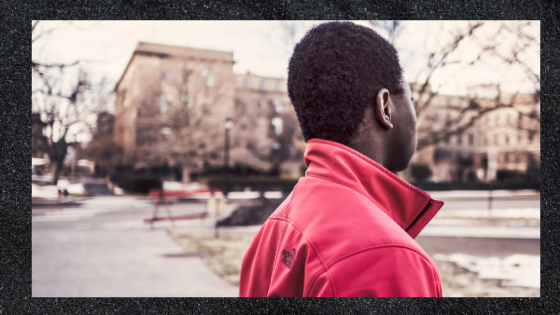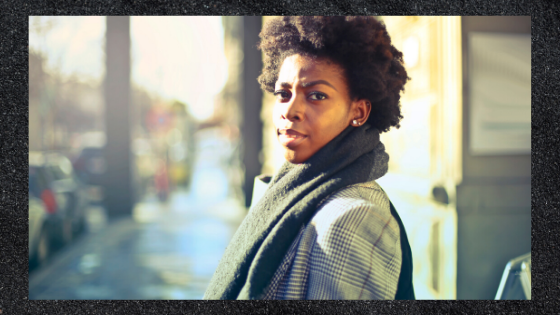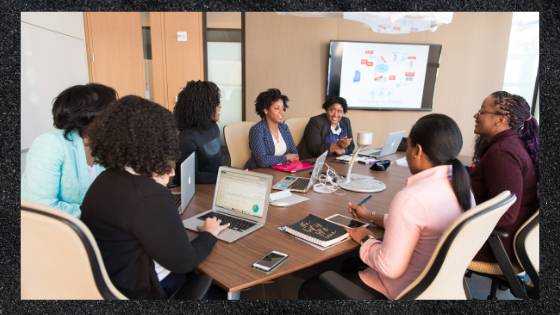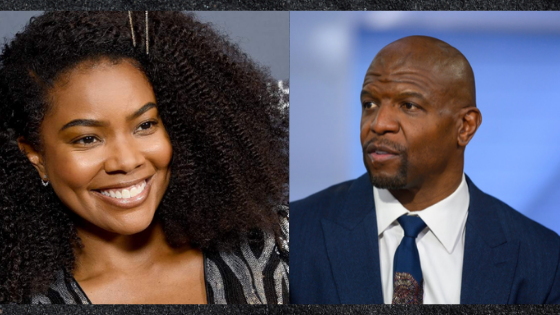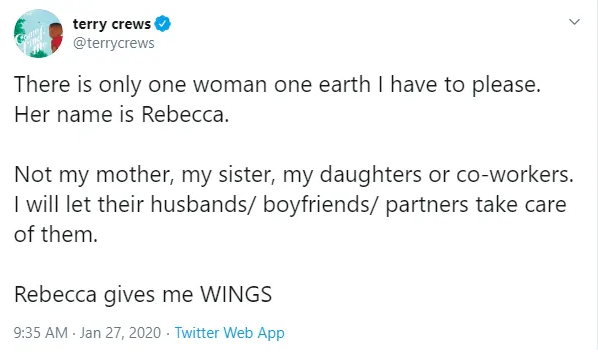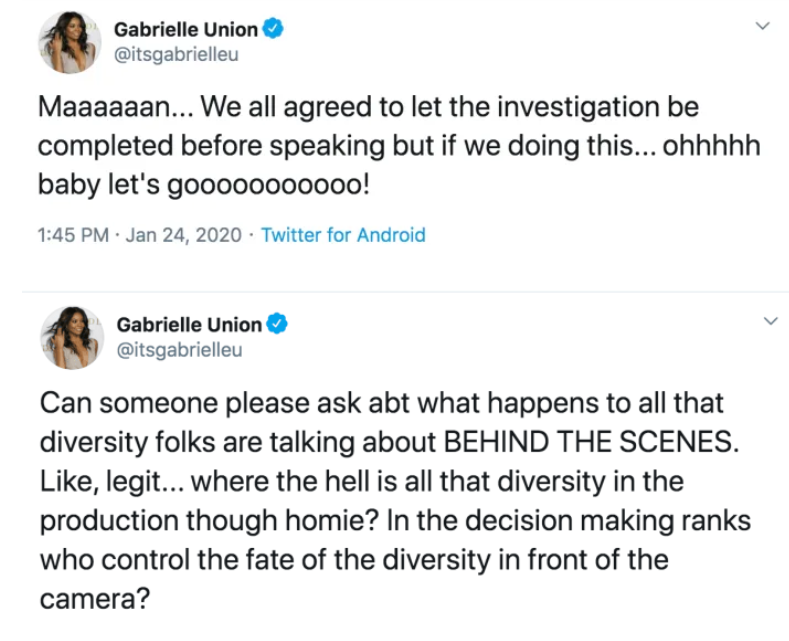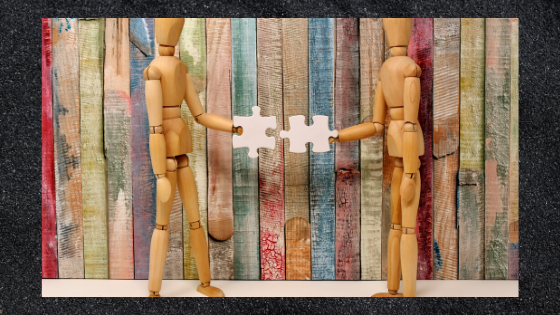
Have you ever wondered why some of the people you know or come across give you bad vibes or you just can’t connect in a real and genuine way? When I was younger I didn’t even think that bad people existed, and there were people who simply did not like me or we were just unable to be friends. Clearly, you can see that I have had a lot of one-sided relationships, in which I was often trying to convince people to be friends with me. Definitely don’t do that. I’ve learned so much about how to best navigate those types of relationships and place boundaries, where need be. Since the Coronavirus has forced so many people to self-isolate, it also gives rise to necessary and in some ways unnecessary reflection. One of those personal reflective conversations people have is the idea of not being liked and feeling like they are not enough. We all want to be liked by other people, or at the very least exercise the ability to formulate strong and healthy relationships.
I’m not a trained psychologist, counselor or psychotherapist, but I spend a lot of time studying, researching and observing how people connect with each other or what makes people not want to connect with one another, at different capacities, in my work. Personally, I’ve always been one that is excited to get to know people on a deeper level. How we connect, engage and interact with one another is essential to the individual and collective wellness of humanity. Within that same thought process, there are people that you will inevitably not get along with. This can make you feel down on yourself, as if something is wrong with you. I can be an idealist sometimes and I used to get in my feelings when I would finally realize someone did not like me, especially if I felt that I did not wrong them. A lot of times we do not actually know how we might’ve wronged someone else, so we walk aimlessly thinking everything is all good, when it is not. That is where good communication comes in.
My mother told me, if someone does not like you, and you are certain you did not hurt them, then it has less to do with you, and more to do with them. In reality, you can’t really know for sure if you have not wronged them, unless you have a serious conversation. How you choose to handle situations and relationships with people that do no like you is solely up to you, but in my opinion, it is the way you respond to them that is the most important for your personal growth. I always try to be more understanding with people when I know for a fact they are not feeling me, but that does not mean that I have to continue to interact with them and allow them in my space. This might be hard for some people that may find themselves in more challenging circumstances with someone, in which case I always suggest to seek professional help and look into local resources through your county or city that are available and can help you, get out of a bad situation (Links are below to a few resources).
Nonetheless, from my perspective there are three major reasons why people may “not like you”. Humans are complex. Don’t you worry, I know you are not a saint and not perfect either, but I do believe it’s important to identify these things, not only for them, but also for you.
They have No Idea
Even though this list is in no particular order, I do believe when it comes to people “not liking you”, it sometimes boils down to, they have no idea. It’s a bit comical, if you think about it. As humans, we scour for information and signs that affirm our personal, collective and societal convictions. We throw out things that don’t make sense to us and don’t fit in how we believe how society should operate. We attempt to find meaning in almost everything we do, which I believe is a key tool of humanity. However, sometimes we try to force meaning and explanations on things and people that don’t make sense. The vast majority of people do not necessarily conduct deep-dives into why they may not like someone, it usually is a very surface level analysis.
From my experience conducting research, working with and interviewing people on social issues, I’ve realized for real human connection, it requires depth, trust, security, communication, and commitment. I’ve been in situations where I had this preconceived notion of someone and I wasn’t feeling them upon first meeting and then when I started to talk to them and connect, I found out how intriguing they really are. This doesn’t happen every time but it has happened on occasion. Sometimes folks are looking for a reason not to like you and they really don’t have any.
Dissatisfaction with their Lives
We have all been here. One of the greatest human flaws is thinking and believing that we do not have enough. I have been around people with access, power and money and I have been around people who live on one meal a day, with no shoes on their feet. Every single time, the people with less means, are the happiest and most optimistic about life. This does not mean that as long as you’re happy and smiling, lacking access to socio-economic resources does not matter because we all know it does, in this capitalistic world. However, both groups mostly believe that if they had more, they would be happier and life would be better. It is very human and natural to believe that you are always lacking in some way. The issue with this becomes when you stay in that mind-space. We all wish we could change something about ourselves and our lives or if we had the chance to gain access to more resources, then our lives would drastically change.
People who don’t like you, many times, if not most times fall into this category. Life is not easy for most people, and the everyday struggles, hustle, and unpleasant circumstances can weigh us down. When we find ourselves being completely dissatisfied by life, we take it out on other people, especially people who we believe have it easy or have gotten it easy in life.
Fear of Real Connection and Intimacy
Ah, now we get to the juice. It took me a very very very long time to get to a point that I felt comfortable with being intimate with people. Intimacy is not just shared in romantic or sexual relationships, intimacy is the ability to develop a closeness with another person or group of people. There are many types of intimate relationships and they are necessary. You can find them at work, in school, church, or even within your hobby/activity groups. I had deep and intimate relationships in my life, but they were definitely far less growing up than the amount I have now. My college friends would always call me “Thick-Back”, because I did not share easily in the beginning. I also did not hug people or liked to be called “Honey” by my peers (this is still slightly a thing though, sigh). In my household, we weren’t raised to be emotional or even show emotion for that matter. We were in constant survival mode, all day, everyday. College meant freedom and exploration from what I was used to back in my childhood home. It hadn’t hit me until my mid-20s that at some point I had developed a fear of intimacy. A lot of it stemmed from my trauma with sexual assault as a young girl and I carried that baggage with me everywhere I would go for a long time. I refused and rejected to make connections with people I did not feel safe with, regardless if they created a safe-space for me to do so. Childhood trauma often surrounds ideas and experiences of safety and security, and as child, if you experience insecurity, you search for that as an adult, or you don’t.
Fear of establishing and maintaining intimate relationships can be a real barricade in connecting with people. What tends to happen is that due to this fear, we reject anything and everyone that wants to show us a different and elevated level of connection, one that allows us to be open, honest and our authentic-self, with no judgement. This often comes off as showing disdain for other people, while really we are just scared to connect and get close. So people who don’t like you can also be dealing with this as well, and it is hard for them to get out of that, not to mention it takes a lot of self-awareness, self-work and many times, therapy to unpack these feelings.
I know this post was a bit different, but I think that sometimes we forget that we are all trying to do the best we can, with what we got. This doesn’t mean that you excuse, bad, selfish and poor behavior though. Someone not liking you, is not a determining factor of who you are as a person at all, but I think it’s important to recognize those aspects within other people or within yourself that impedes how you interact with others, in a more healthy manner.
Links to Domestic and Child Abuse Resources:
National Domestic Violence Hotline
https://www.thehotline.org/resources/
Administration for Children & Families/Family & Youth Services Bureau
https://www.acf.hhs.gov/fysb/resource/help-fv
Disclaimers
I am a doctor but not the medical kind of doctor, so information and content presented on Akullu (“we,” “us” or “our”) on https://www.akullu.com (the “Site”) blog is purely to share my personal experience and for educational and entertainment purposes only. As always, check with a medical doctor or specialist before making any fitness or nutrition changes or a trained professional if you are seeking to achieve personal and professional goals. Read More

